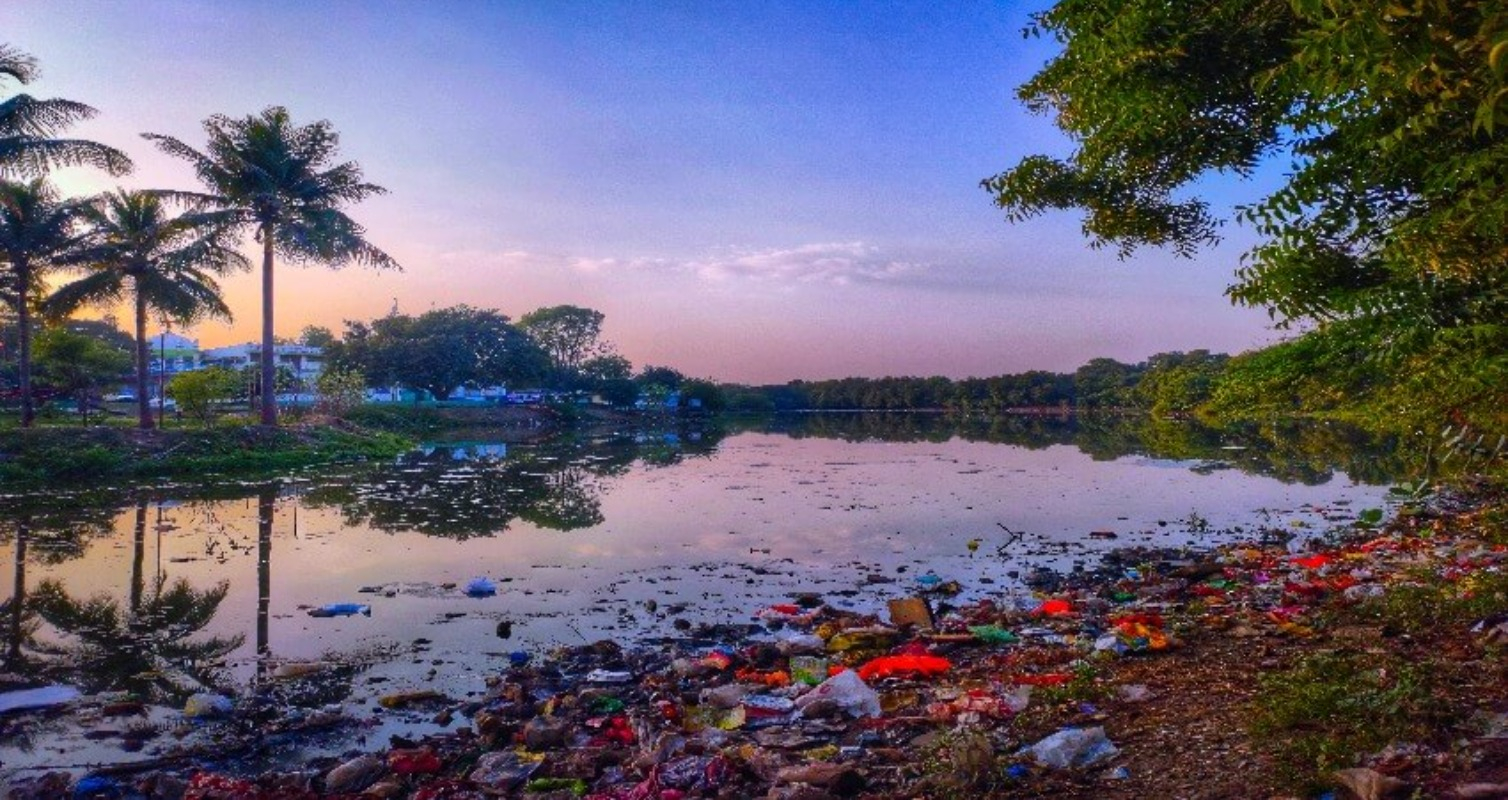UNICEF’s ongoing Tap Project continues to use ideas to communicate its simple but important on-going mission. Its next idea is using a dirty water vending machine.

During World Water Week, visitors were able to sample the taste and benefits of Dirty Water. Available in a wide variety of choices like malaria, cholera or even typhoid, Dirty Water was not a new edgy designer brand but a way of bringing the realities of the world water crisis to every day’s life.
A specially customised vending machine dispensed murky discoloured water in various appealing “flavours”, as campaign staff tried to persuade onlookers to part with their cash in return for “contaminated” water.
Unsurprisingly, while many people chose to pass on the contaminated water, they did choose to donate money to the Tap Project fund, either by putting money directly into the vending machine, or by text donations.
This eye-opening Dirty Water initiative from Casanova Pendrill New York, went beyond the usual collection strategies for Unicef with this unique street activation, that shocked the local public who encountered the event.
Facts on Clean water
- 650 million people in the world do not have access to safe water. This is roughly one out of every 10 people on the planet.
- Twice the population of the United States does not have access to safe water.
- 2.4 billion people have no safe sanitation facilities or latrines. That’s one out of every three people worldwide.
- Only 3 percent of the world’s water is fresh water, and two-thirds of that is tucked away in frozen glaciers or otherwise unavailable for our use.
- By 2025, two-thirds of the world’s population may face water shortages.
- Water stress is the impact that lack of water has on a society, affecting nutrition, public health, environmental services, housing and urban growth, and national security. Today, a third of the world’s population lives under water-stressed conditions that affect socio-economic development.
- Every minute, a newborn baby dies from infection caused by a lack of safe water and an unclean environment.
- 42% of healthcare facilities in Africa do not have access to safe water.
- Water in Accra, Ghana, costs three times as much as in New York City.
- In September 2015, world leaders committed to 17 Global Development Goals for Sustainable Development. Goal #6 aims to provide everyone in the world with clean water and proper toilets by the year 2030.

